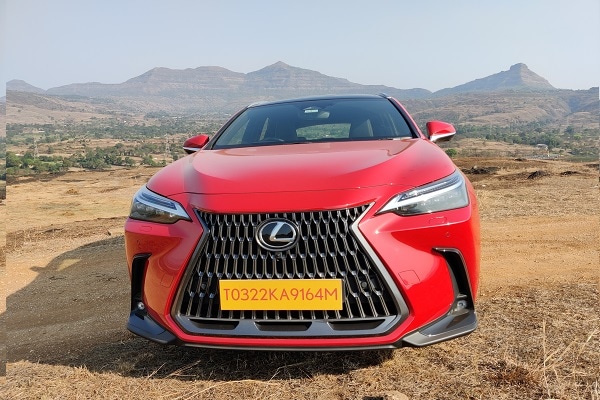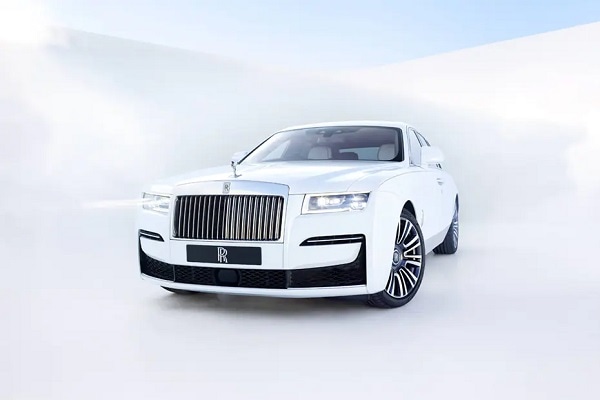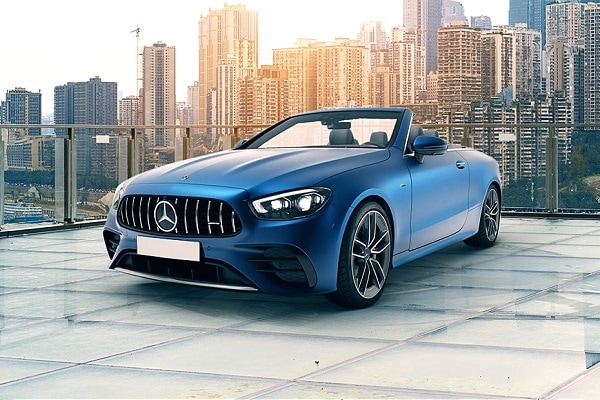Spain’s car industry risks isolation in post coronavirus reshuffle
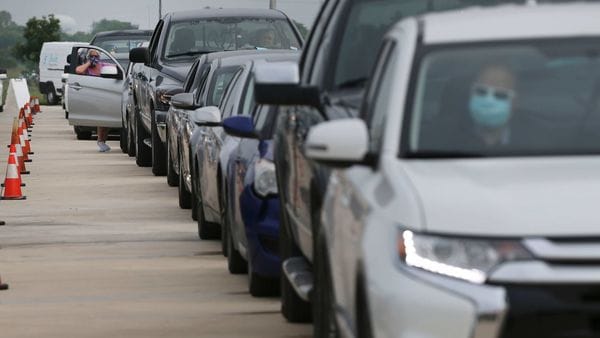

The disruption caused by the fallout from coronavirus outbreak is the last thing Spain’s car industry needs.
Already under pressure from the shift to electric vehicles, the pandemic risks raising uncomfortable questions for Europe’s second-largest auto producer. As auto bosses plot their course for the years ahead -- with less money to spread around -- Spain could come up short.
Also check these Cars
The country is more precarious than its continental peers. Unlike other big European car producers, the country lacks a national champion. The closest thing is the SEAT brand, an unprofitable relic of the Franco dictatorship that’s long been a problem child for owner Volkswagen AG.
Also Read : Masks are must: How automakers are gearing up to resume factory productions
Struggling with Europe’s most-extensive outbreak of the pandemic, Spain could be on the short end of structural changes spurred by the advent of electric cars, which require skills that the Mediterranean nation struggles to provide.
“We can’t afford a shift like this to be disruptive for Spain," said Jose Lopez-Tafall, general director of the country’s auto lobby ANFAC. “What we were seeing as a mid-term risk, even before this crisis, is that there’s a big technological shift taking place," he said, adding that the industry needs a “shock plan" to recover once the coronavirus crisis is over.
Among the major European countries suffering from the auto industry’s virus-inflicted standstill, none may have as much at stake as Spain. The sector is a staple of the country’s economy, accounting for about 9% of all Spanish manufacturing. Carmaking for the likes of Volkswagen, Renault SA and Ford Motor Co. helped pull the country out of a three-year recession after the debt crisis a decade ago.
The Spanish car industry was built largely on the back of cheaper labor than other European countries, an advantage that has eroded over time as wages rose and even cheaper locations opened up in Eastern Europe, where the Czech Republic and Slovakia won significant new factories.
The skills required for the electric-car era are in short supply in Spain, and the country’s vast network of component makers offers little protection as the value shifts to batteries and electronics.
To be sure, carmakers are unlikely to pull the plug on profitable factories and recent investments in Spanish factories to manufacture new models provide some protection, according to Ian Fletcher, an analyst with IHS Markit.
“I don’t think there is a huge risk" of closures at the moment, even if “there are challenges expected in the post-coronavirus market place," said Fletcher.
The bigger issue is how Spain fits into plans for the car of the future. The risk is that automakers rely on Spanish factories to produce the reliable cash cows that slowly fade as the combustion era draws to a close.
To counter the threat, ANFAC recently presented a development plan through 2040 that calls for promoting expansion in software and information management and developing components for electric-car batteries.
But because of the high stakes involved in the transition, car manufacturers tend to focus such investments close to home. The bulk of Volkswagen’s ambitious push into battery-powered vehicles is located in Germany.
“Having no parent companies based in Spain is a disadvantage," said Rafael Guerrero, head of Comisiones Obreras union at SEAT’s factory near Barcelona.








 40 kWh
40 kWh 150 Km
150 Km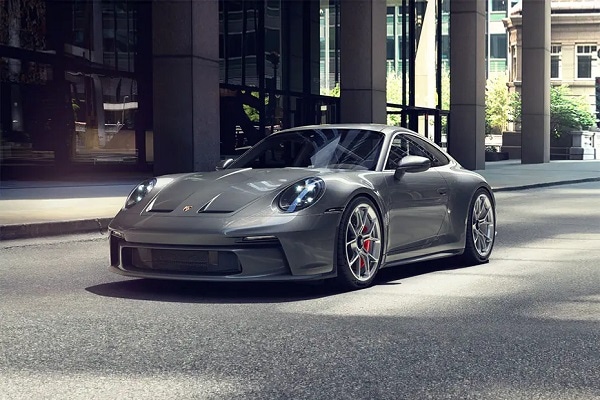
 3996.0 cc
3996.0 cc Petrol
Petrol
